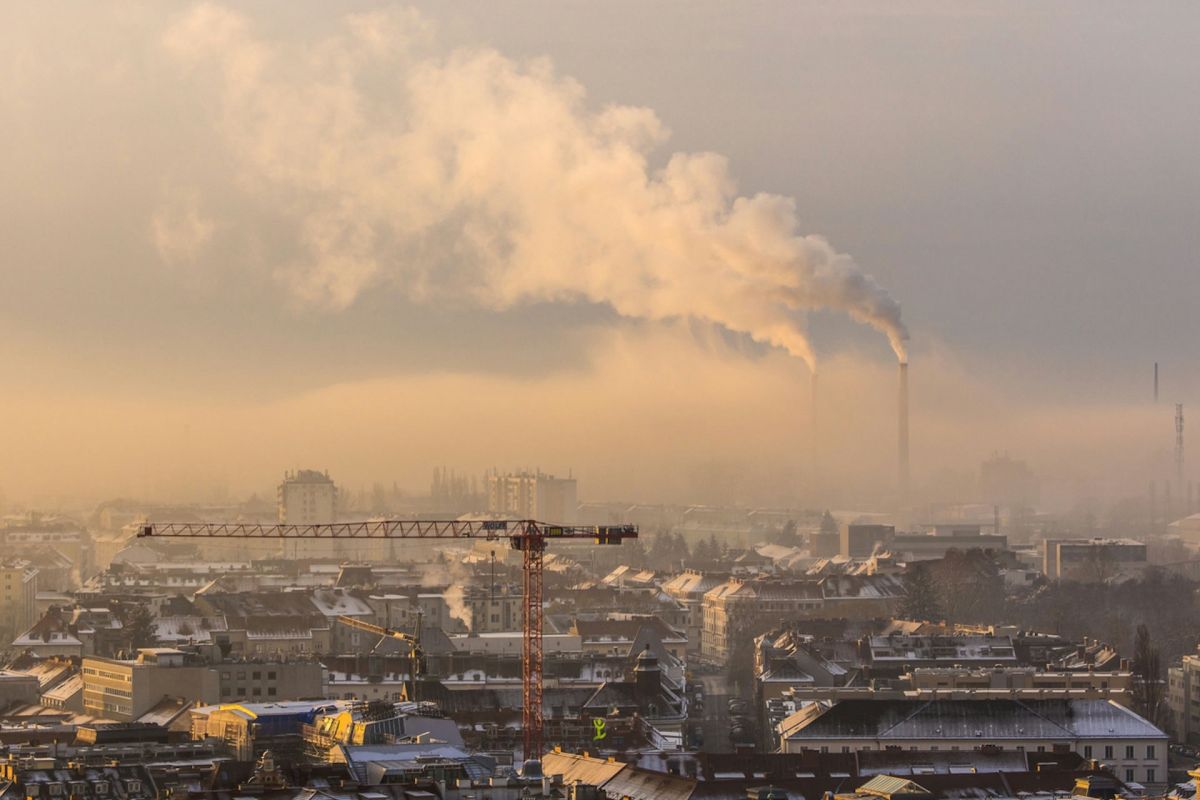Air pollution levels in Europe have improved over the past two decades, but recent findings reveal the harsh reality: Most Europeans still live in areas with unhealthy levels of air pollution.
What's happening?
According to the Guardian, a study published in Nature Communications found that air pollution in the form of overall suspended particulate matter (PM2.5 and PM10) and nitrogen dioxide (NO2) levels have decreased in most parts of Europe.
However, 98% of Europeans reside in regions where PM2.5 levels exceed World Health Organization guidelines, with 80% facing elevated PM10 levels and 86% experiencing high nitrogen dioxide levels.
Why is this air pollution concerning?
Particulate pollution like PM2.5 and PM10 particles can create serious health complications as they penetrate deep into our lungs as we breathe, which can lead to heart disease, cancer, premature births, and an estimated 400,000 premature deaths annually across Europe.
"Targeted efforts are needed to address PM2.5 and ozone levels and associated compound unclean days, especially in the context of rapidly increasing threats from climate change in Europe," Zhao-Yue Chen, ISGlobal researcher and lead author of the study, told the Guardian.
If European air can meet the standards set by the World Health Organization, up to 200,000 premature deaths could reportedly be prevented each year.
What's being done to help?
Efforts are being made to address this crisis, such as implementing low-emission zones for vehicles in many cities, reducing the use of coal-powered appliances, and directives to reduce industrial pollution from European businesses, as reported by the Guardian.
Nevertheless, effective strategies are still needed to tackle specific pollutants like PM2.5, especially as global temperatures continue to rise.
"Our consistent estimation of population exposure to compound air pollution events provides a solid basis for future research and policy development to address air quality management and public health concerns across Europe," stated Carlos Pérez García-Pando, one of the study's authors.
Although progress has been made, hotspots remain in areas like northern Italy and eastern Europe, emphasizing the ongoing need for cleaner air initiatives.
We can all take steps to help improve the air quality around us and protect our health. Using air purifiers and filters at home, supporting policies that reduce pollution, driving electric vehicles, and even planting trees can make a difference and help create a better future for all.
Join our free newsletter for weekly updates on the coolest innovations improving our lives and saving our planet.









